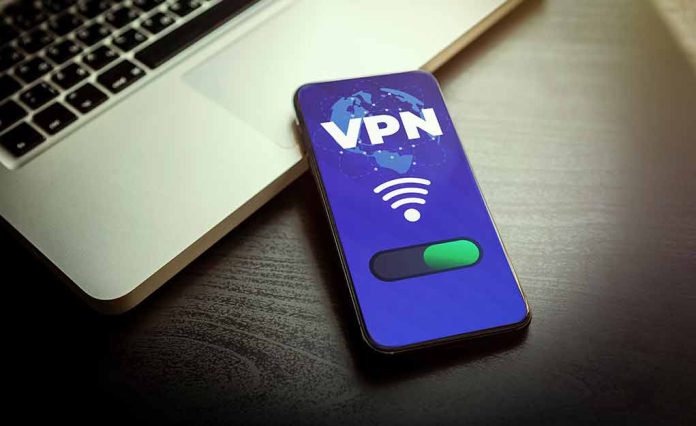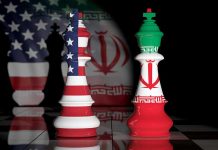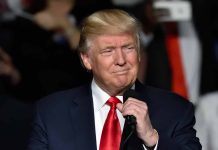
Russia’s Ministry of Digital Development plans to spend a staggering $660 million over the next five years to enhance its Internet censorship system, raising alarms about the future of digital freedom in the country.
At a Glance
- Russia to invest $660 million in strengthening internet censorship infrastructure
- Goal is to block 96% of VPNs used by Russian citizens to bypass government restrictions
- TSPU system uses deep packet inspection to monitor and block access to “harmful” content
- Critics view measures as an attack on free speech, while Kremlin cites national security
- Developers remain determined to innovate and counteract censorship efforts
Russia’s Digital Iron Curtain: A $660 Million Investment in Censorship
In a move that would make George Orwell’s Big Brother proud, Russia is doubling down on its efforts to control the digital landscape. The Kremlin’s latest endeavor involves a jaw-dropping $660 million investment to bolster its internet censorship infrastructure over the next five years.
This massive allocation of funds, which dwarfs the entire 2023 budget for Roskomnadzor (the government agency responsible for blocking services and websites), speaks volumes about the regime’s priorities in an era of increasing global tensions.
At the heart of this digital crackdown is the Technical System for Monitoring the Public Communications Network (TSPU), a sophisticated censorship tool that employs deep packet inspection to monitor and block access to content deemed “harmful” by the Russian government.
With over 6,000 TSPU devices already installed across Russia by 2022, this new influx of cash aims to upgrade existing systems, install new ones, and significantly enhance the system’s capabilities.
Russia to spend $660 million to strengthen its Internet censorship infrastructure: Report https://t.co/684qxIRoex pic.twitter.com/Wj2HGyo9EV
— Tom's Hardware (@tomshardware) September 11, 2024
The VPN Battleground: Russia’s War on Digital Freedom
One of the primary targets in this digital offensive is the use of Virtual Private Networks (VPNs). The Kremlin’s ambitious goal is to block a staggering 96% of VPNs used by Russian citizens to bypass government restrictions. This move is particularly concerning for those who value internet freedom and privacy, as VPNs have long been a lifeline for accessing uncensored information in restrictive regimes.
While Banzaev’s optimism is commendable, the sheer scale of resources being poured into this censorship apparatus is alarming. The development of the Automated Security System (ASBI) aims to boost TSPU’s bandwidth to a mind-boggling 725.6 Tbps, significantly increasing its efficiency in blocking VPNs and other circumvention tools.
The Broader Implications: A Chilling Effect on Free Speech
This massive investment in censorship technology is not occurring in a vacuum. Since Russia’s invasion of Ukraine in 2022, the Kremlin has tightened its grip on internet content, blacklisting opposition media and banning foreign social media platforms.
The regime frames these measures as necessary for national security and combating what it calls “Western information warfare.” However, to those who value freedom of expression and access to information, these actions represent a clear and present danger to civil liberties.
Digital rights activists warn that while these new investments will undoubtedly tighten government control, they are unlikely to completely eliminate access to independent information. The ongoing struggle between state censorship and the human desire for free access to information continues, with both sides ramping up their efforts in an ever-escalating digital arms race.
A Wake-Up Call for the Free World
As Russia fortifies its digital borders, it’s crucial for freedom-loving nations to take note and act. The United States and its allies must redouble their efforts to support internet freedom initiatives, fund the development of censorship-circumvention technologies, and hold authoritarian regimes accountable for their assaults on digital rights. The battle for the free flow of information is not just a Russian issue — it’s a global one that affects us all.
In conclusion, Russia’s $660 million investment in internet censorship is a stark reminder of the lengths to which authoritarian regimes will go to control information and suppress dissent. As we watch this digital iron curtain descend, we must ask ourselves: What price are we willing to pay to preserve the open internet and the freedoms it represents? The answer to that question may well determine the future of global democracy in the digital age.

















